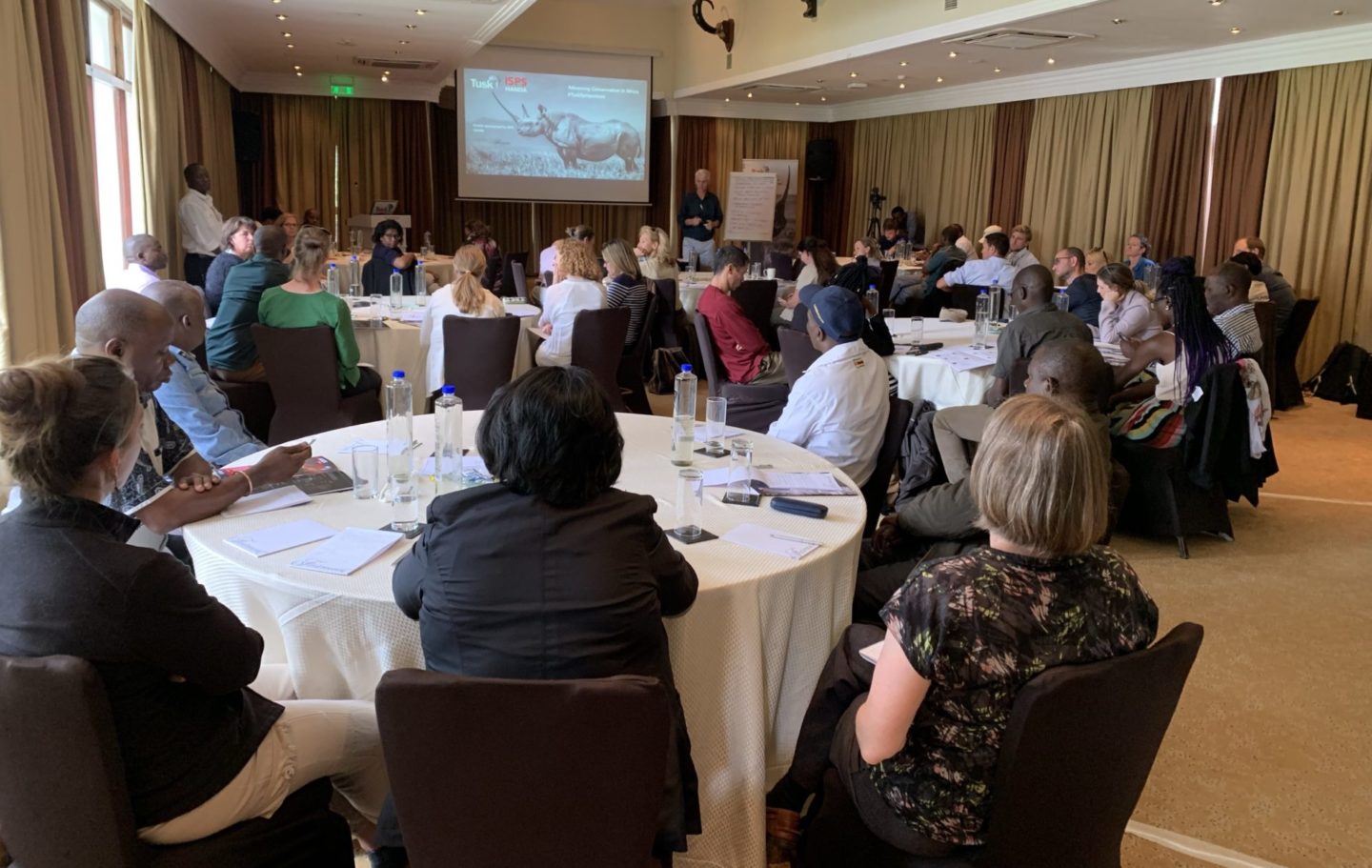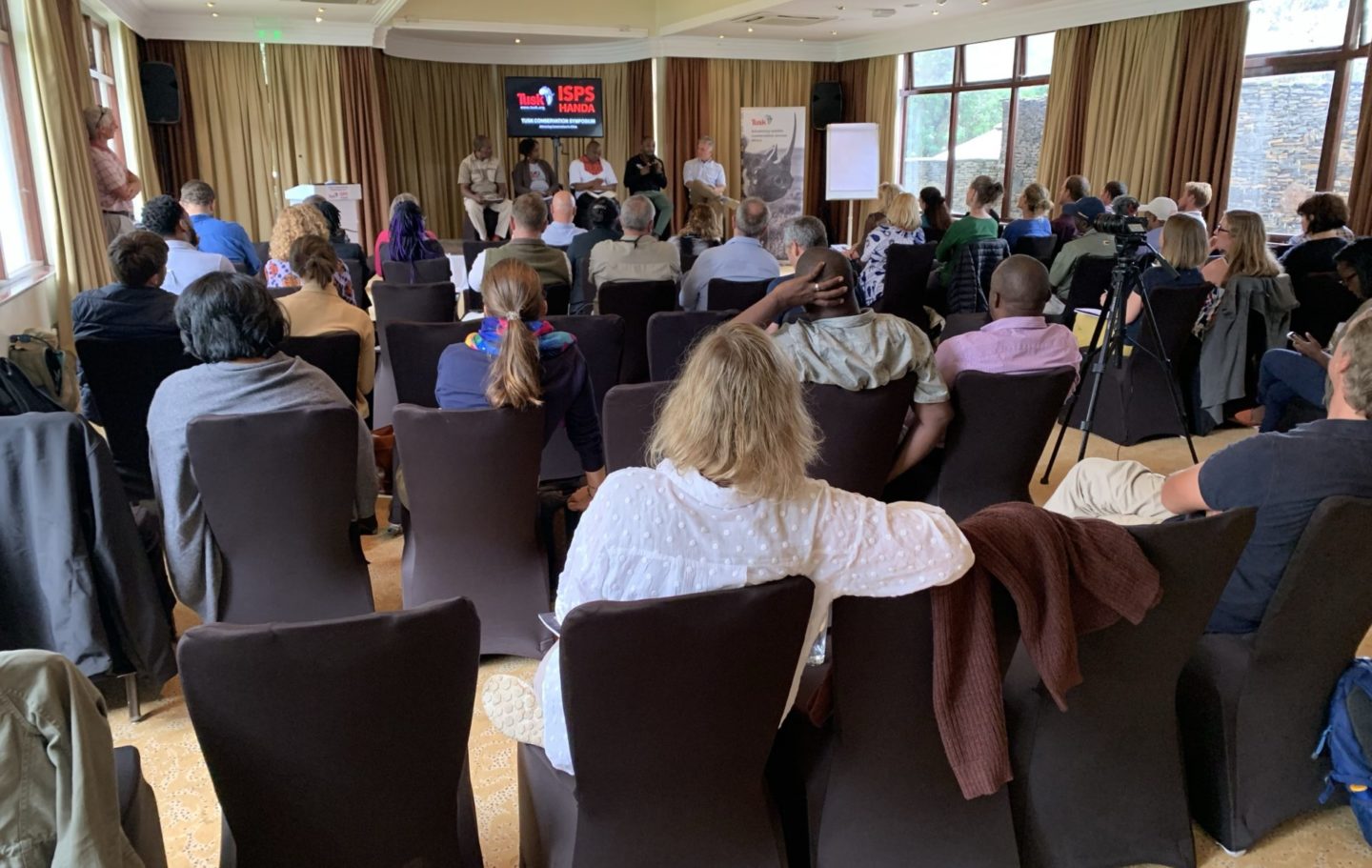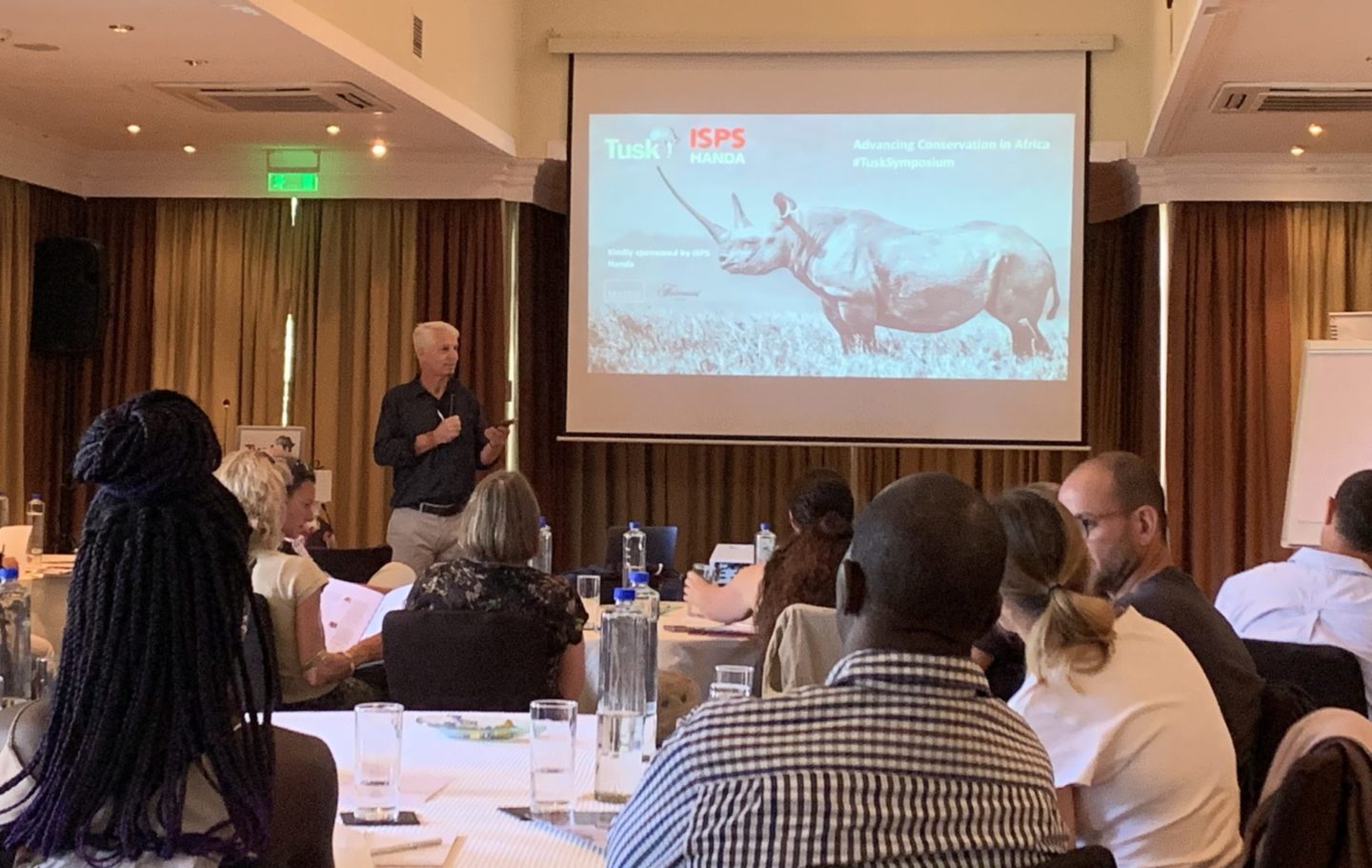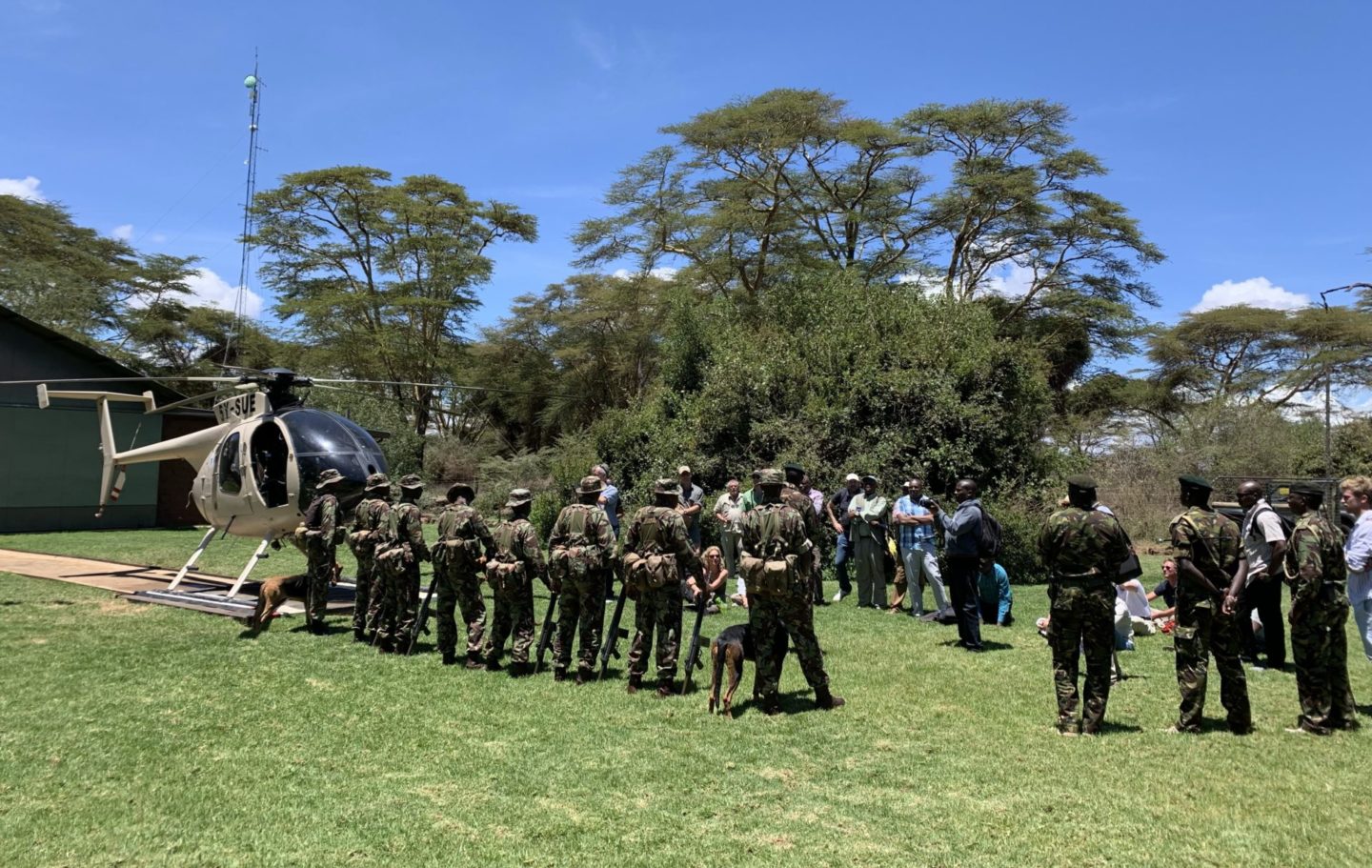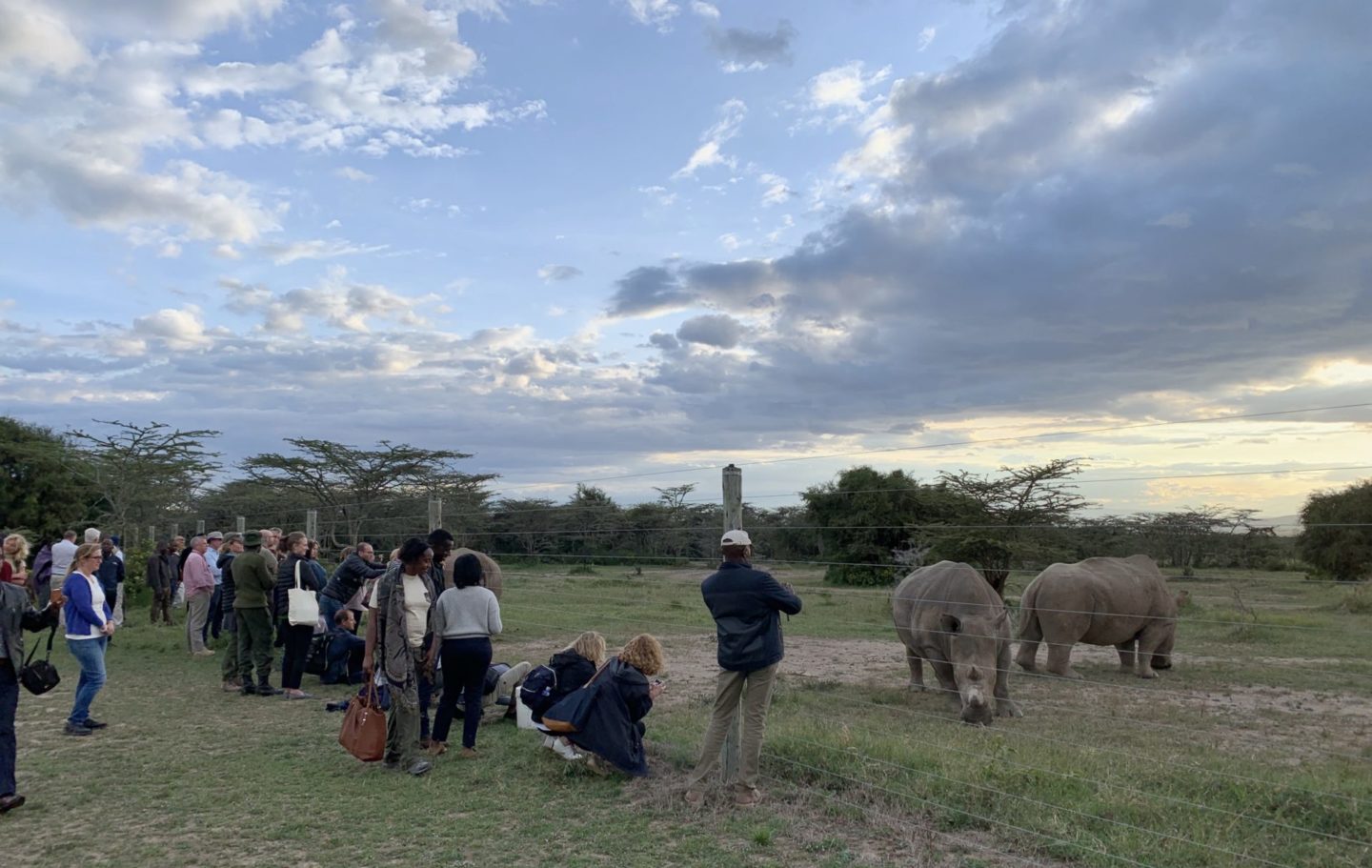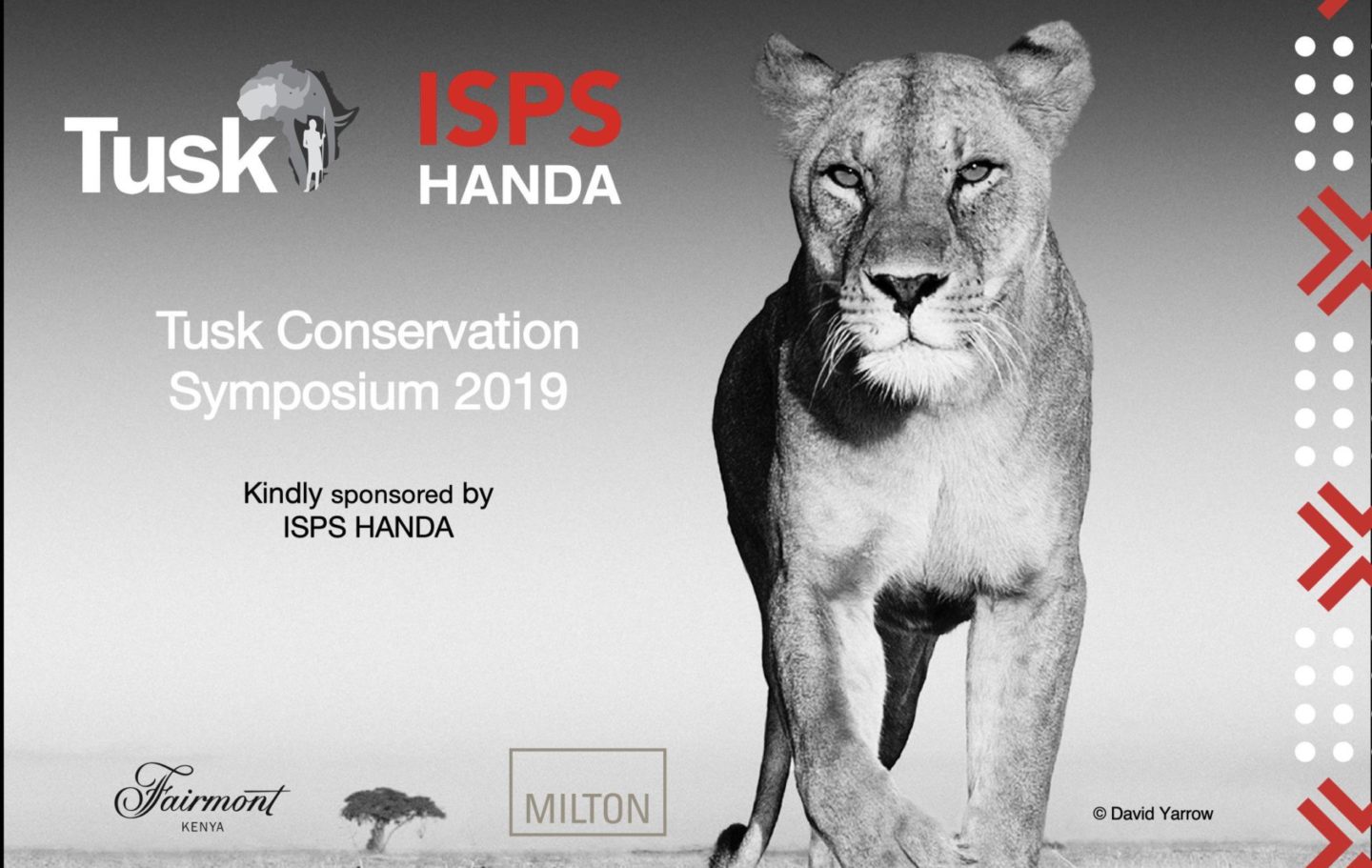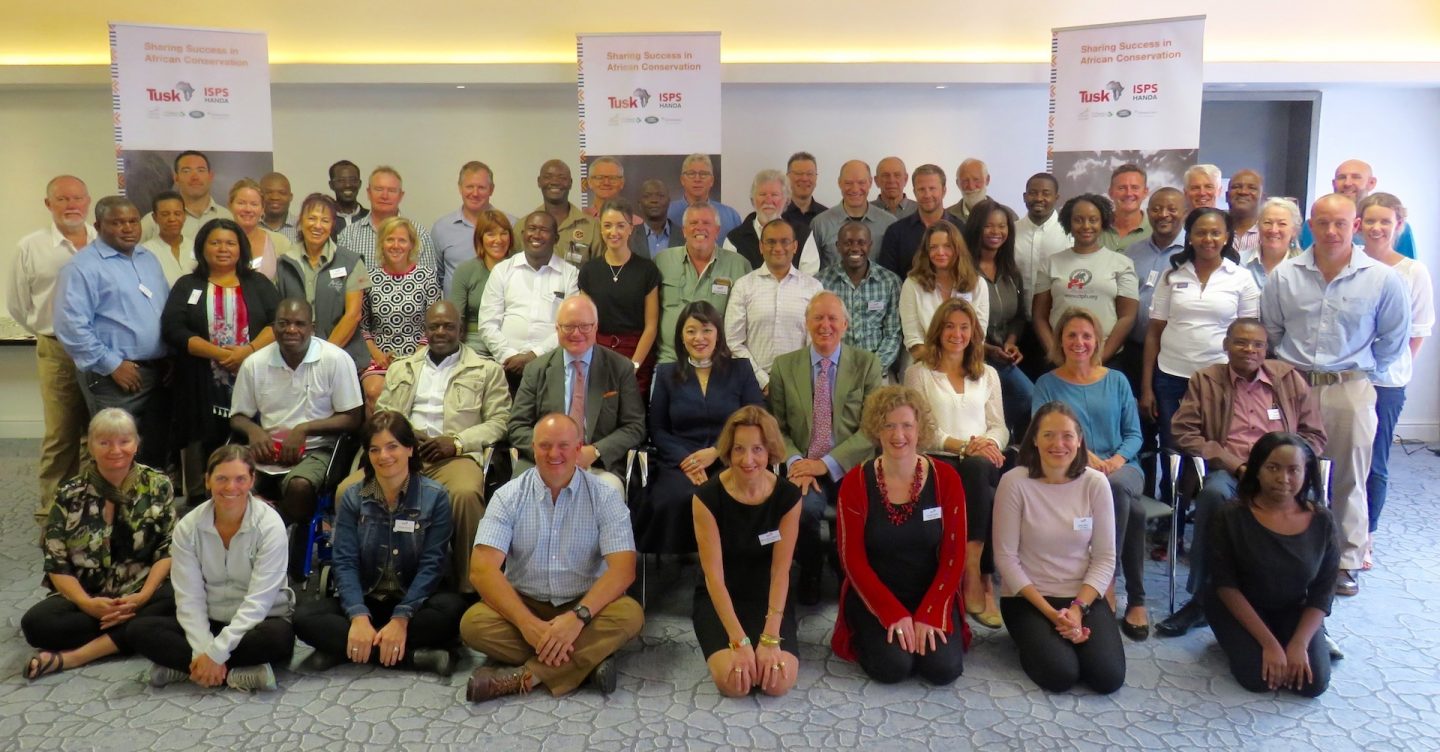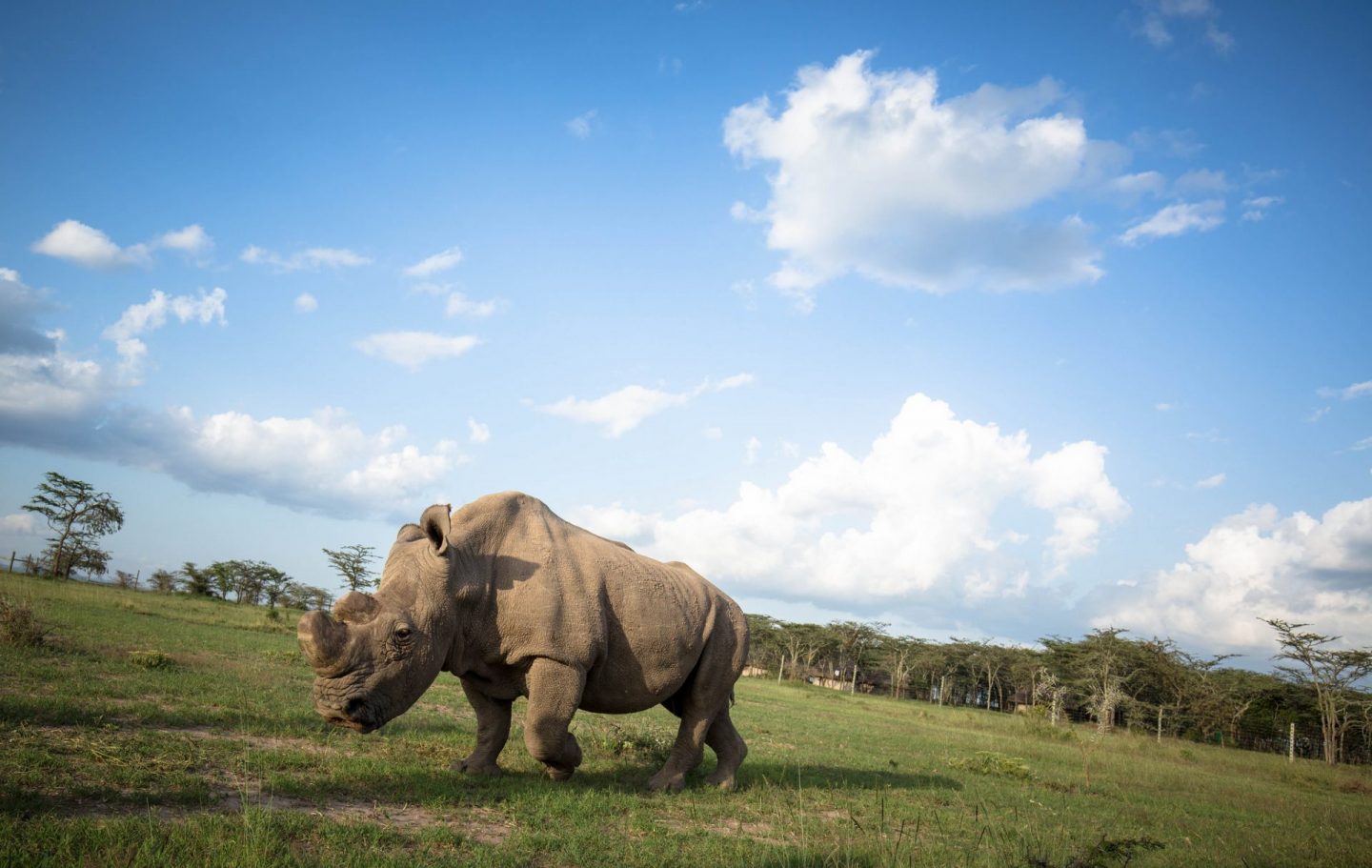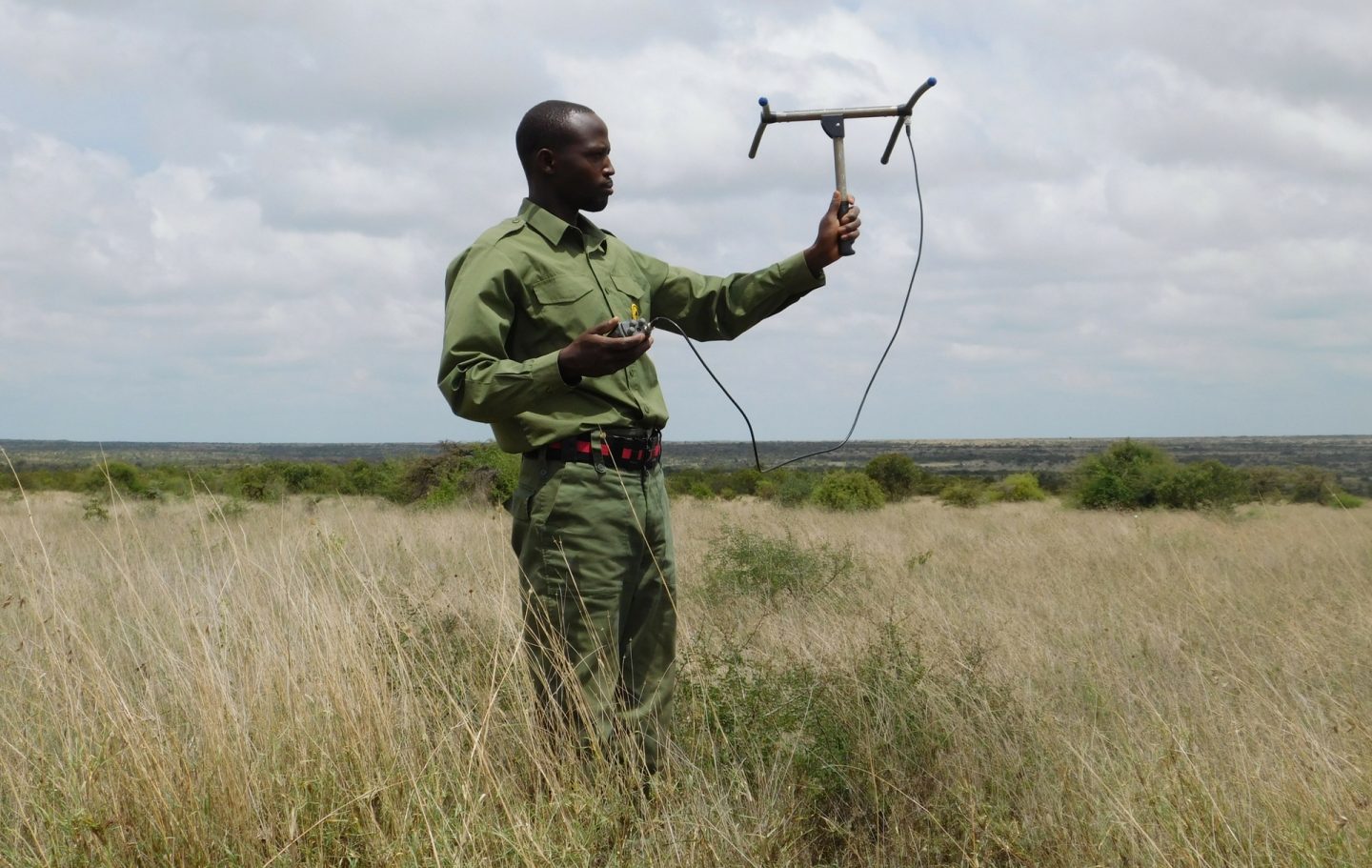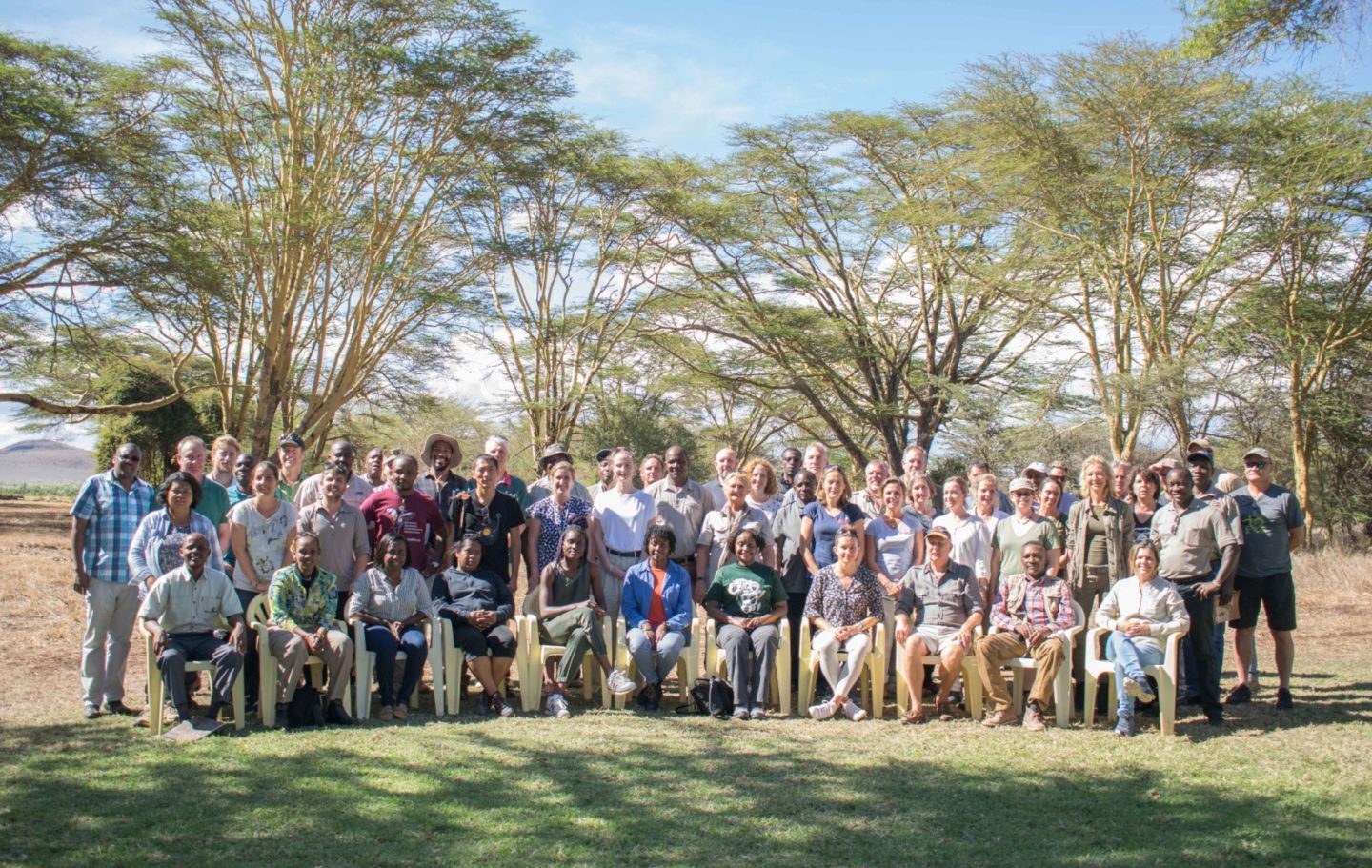
African conservationists often work in remote and isolating conditions, rarely having a chance to share their challenges and solutions with others in the same field. Having witnessed how winners and finalists attending our annual Tusk Conservation Awards were benefitting from such an opportunity, we decided to hold an inaugural symposium in South Africa in 2017 and bring many of our project partners together, many of them meeting for the first time.
Following the success of that event, the 2019 Symposium comprised a mixture of workshops, training sessions, open debates, networking, a day in the field at the Lewa Wildlife Conservancy and a poignant visit to see the planet’s last two surviving Northern White Rhinos at the Ol Pejeta Conservancy. Every project had the opportunity to present their work, with many providing 3-minute “success spotlights” on a specific achievement that others could learn from. Training sessions meanwhile covered teambuilding, capacity building, and how to engage an audience. Incorporating feedback from 2017, the four main workshops had the following themes:
- Making conservation make economic sense
- Valuing nature – how to mainstream conservation education
- Women as conservation advocates
- How organisations can build future conservation leaders
Despite the scale of the challenges and the often difficult conditions under which many of the participants work, the Symposium was full of positivity, with the partners demonstrating that passion, innovation, determination and an ability to keep adapting can bring great success.
The importance of collaboration and the engagement of stakeholders at all levels was one of the more obvious common themes that ran through the Symposium. Meanwhile, almost all participants work with local communities and explained how the key to their success has been understanding those communities’ needs – rather than what one thinks they are – and ensuring that they are addressed. Finding the best approach to make conservation relevant and worthwhile to people is key, and whether it’s attitudes to certain species such as vultures, lions, wild dogs or elephants, beliefs about the role of women in conservation, or indeed about conservation itself, changing perceptions can be critical for success.
While so much was learned over the four days, the most significant impact from the Symposium will be the relationships and collaborative ventures that flow from it. At the outset, Tusk offered up a fund to enable exchange visits and the development of joint initiatives. As a result, 21 proposals were submitted – a clear demonstration of delegates’ collective desire to collaborate. The intention is that the majority of these requests will be granted travel bursaries by Tusk. The importance of this was hailed by leading Kenyan conservationist Dr Winnie Kiiru of The Elephant Protection Initiative in her highly entertaining and thought-provoking keynote speech during the closing reception, which was attended by many from the Kenyan conservation community as well as senior representatives of the Kenyan Government and The British High Commission.
We are incredibly grateful to all our partners who joined us for this Symposium and made it such a success, and we are hugely indebted to ISPS Handa, for making it possible through their generous sponsorship. We would also like to acknowledge the very kind contribution from Milton Group LLC, who sponsored the closing reception on Thursday evening.
Click here to read the Tusk Conservation Symposium 2019 report.

